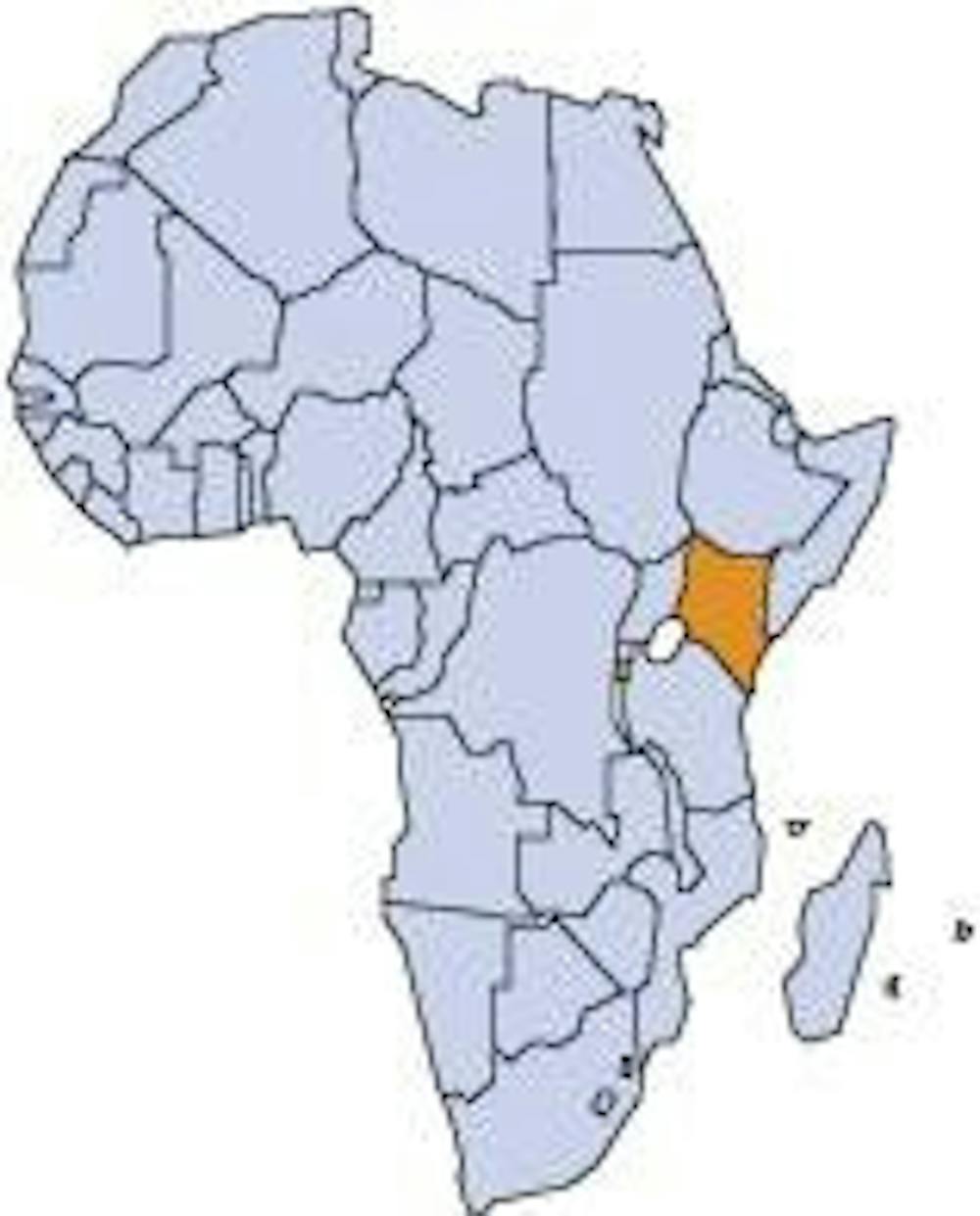By Alfred Kipchumba
The catastrophe that hit the horn of Africa is the worst ever experienced in decades. Somalia, Ethiopia and Kenya are the most hit areas. It is sad that in the 21st century lives are being lost due to food insecurity.
According to media reports there are about 5000 refugees from Somalia to Kenya each day and an estimate of two million kids are facing death. It is an issue that would have been a thing of the past, but due to poor governance, lack of response and lack of longtime investments in basic needs this crisis still persists. Local governments and instability in Somalia are some of the factors to blame for such calamity.
Due to prevailing corruption and lack of performance by the ministries concerned, the Kenyan government is not up to par to challenge the situation even though they have the capacity and the resources to resolve drought and famine. A large part of the issue is a lack of timely response and ignorance to act upon foreseen events. I believe that enough expertise existed to warn the government about such events, but due to neglect they waited until the famine was out of control. As a result, the government panicked and started calling for foreign assistance.
The instability in Somalia is another obstacle because while the Kenyan government is trying to provide food assistance, the Al-shabaab is cutting off access, thus leading to many refugees in Kenya. If the Somalia war continues, families and animals will continue to suffer, and the mass of refugees will lead to crowding, diseases, and the diminishing of supplies. It will also create high dependency on food and medical aid. This dependency will then take a long time to dissolve.
I believe the Kenyan government is capable of solving this issue on their own through provision of education, medical facilities and irrigation systems. They should also stop their procrastinations and address the issues that are at hand instead of waiting until it is too late.








